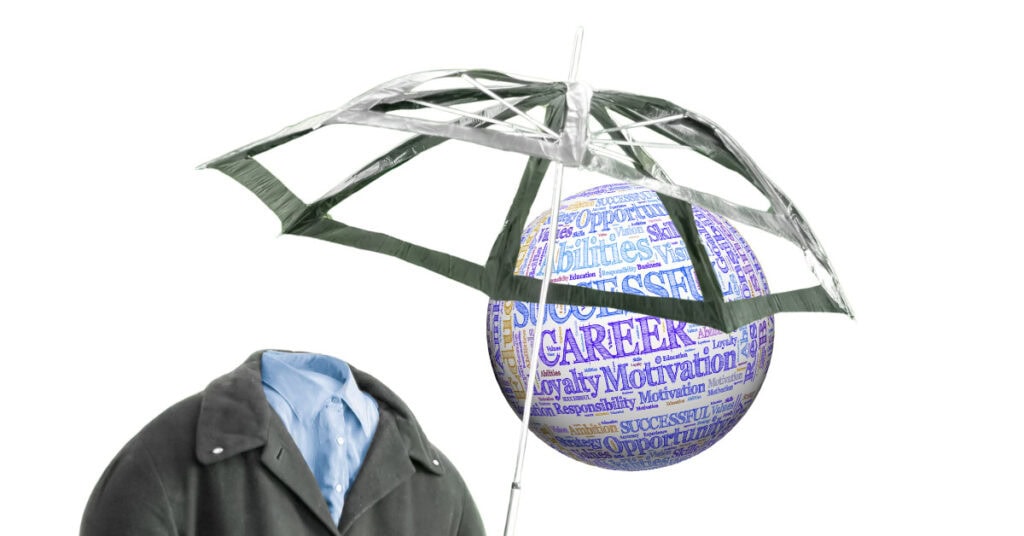You don't know why they didn't hire you
As I mentioned in my last post, one of my most recent clients at Design Resumes was a Director of Human Resources, we’ll call her Mary. Mary was delightful to work with but in addition to being a great client, she let me verify and clarify my impressions about human resources practices. With 15 years of experience with a college with multiple campuses and more than 1100 employees, I quizzed her on many things that job seekers want to know.
You wonder why you weren’t hired
Many job seekers have asked me why a position is re-posted after they applied, especially when they didn’t even get an interview. Mary said that there are many reasons that happens.
- Perhaps as they reviewed candidates, none of them quite fit either the structure of the organization or the position.
- Perhaps background checks or reference checks didn’t work out.
- Or perhaps their top candidates declined the position.
 The value of the right fit to the hiring manager
The value of the right fit to the hiring manager
One of the bullet points we have in my HR director’s resume (Mary) says:
Collaborated with department managers to build understanding of the value in selecting the best qualified candidates and continue recruiting until the right fit is found for the position.
Mary trained the department heads on how to evaluate prospective candidates and not settle for someone just to fill the position. The “right fit” will add value to the organization and be an asset in growing the organization. The wrong fit could be problems down the road.
What can you do to make you the right fit?
Mary and I discussed the many things that job seekers can do to improve their chances of being picked.
- Read the job description. Make sure that you actually CAN do the job and don’t apply to jobs that you are clearly not qualified to do. Mary used the example of a person in retail applying for a high level IT position. She had no technology experience. It wasn’t entry level. The job description clearly defined both the qualifications and what the position would entail.
- Incorporate those Key Words from the job description into your resume and cover letter so that you come up as a match.
- Make sure your resume is filled with accomplishments and quantify those accomplishments so that HR and the hiring manager understands that you can DO the job.
- When you apply online, make sure you have first created your resume so that you are putting real content into the application. Write the traditional resume first and then use a text resume for applying instead of just filling in the blanks on the application. Directions for the text resume: Click here.
- Research the company and the position. If you are called for an interview, you need to able to show them that you understand the company and what they need for the position.
- Prepare for the interview. When you come to the interview, have a battery of additional accomplishments to share in the interview to demonstrate that you fit their needs.
- Make sure you are not carrying baggage into the interview or into the background check. If you trash talk your old employer in the interview or even with people who could be providing the reference, you will blow your chances to be the one chosen. Attitude matters!
If you follow these suggestions, your job search will be on target and you will become the right fit for a new job much quicker!
Stuck in your job search or just ready to move on or up from your existing position? Julie Walraven, a Wausau, Wisconsin-based professional resume writer, who works with a global base of clients can help you find a new career! To find out how, Click here!
6 Comments
Resume Design and Job Seeking Tips
Here are Design Resumes' latest articles on job search, resume design, resume writing, and Linkedin optimization articles I've written.
Julie Walraven
Professional Resume Writer
Here are ways I can help you land your dream job.
You may be halfway across the country or the world. When you work with me, we share coffee, laughs, and concerns. This turns the scary job search into creative, consultative writing and learning sessions.





Do you think it’s ever appropriate to straight up ask a company why they didn’t? I think it would help job seekers 1, get better at applying and interviewing and 2, not be so discouraged. When there’s not a reason for why someone didn’t make it too often they jump to ‘I must just be a miserable failure.’ It would also help employers understand their process and their preferred candidate better if they have to articulate why A and not B was chosen.
I think I will double-check with my HR Director. My gut feeling is that it is ok if you don’t get antagonistic or have an attitude about it.
Interviewers focus on “the hire” so candidates who don’t make it past resume submittal or interview are often nameless and faceless.
It’s like looking for the perfect sofa, do you really remember all the sofas that did not meet your needs?
Sometimes unsuccessful candidates are memorable for the fact that the interviewer had high expectations and the candidate fell short somehow. In those cases, it is possible the interviewer can be really specific in providing a reason they did not hire a person.
I don’t think that most of the company were looking to the credentials of an employer.. Base on my experience they prefer those who are familiar with them, Friends and family.
Hi Joanne, I am not sure whether your experience is in the US or someplace else or with small or large companies. I think networking is key to hiring but I also think you have to have the right credentials.
One of the frustrations of job seekers is when the company doesn’t see their accomplishments or connection to the position. Often that is caused by not being able to clearly define them in the resume, application or interview.